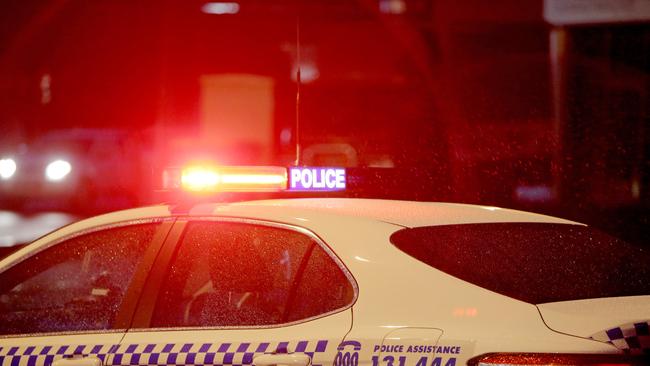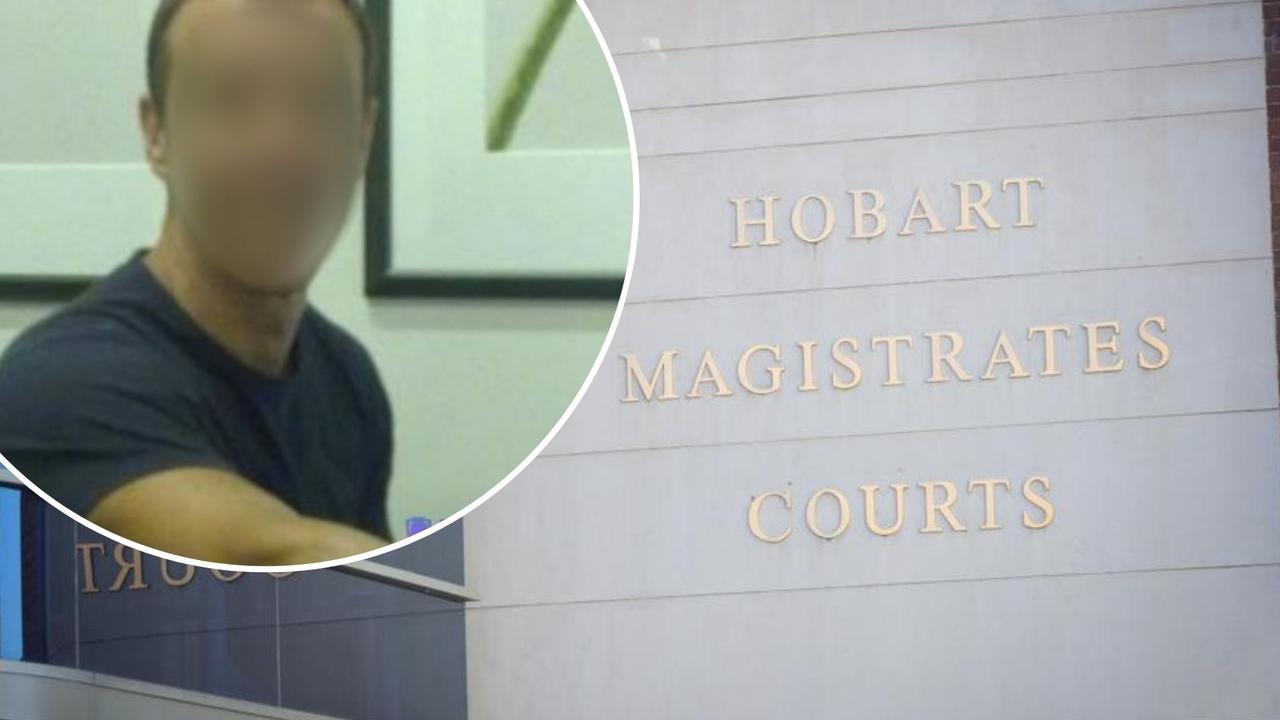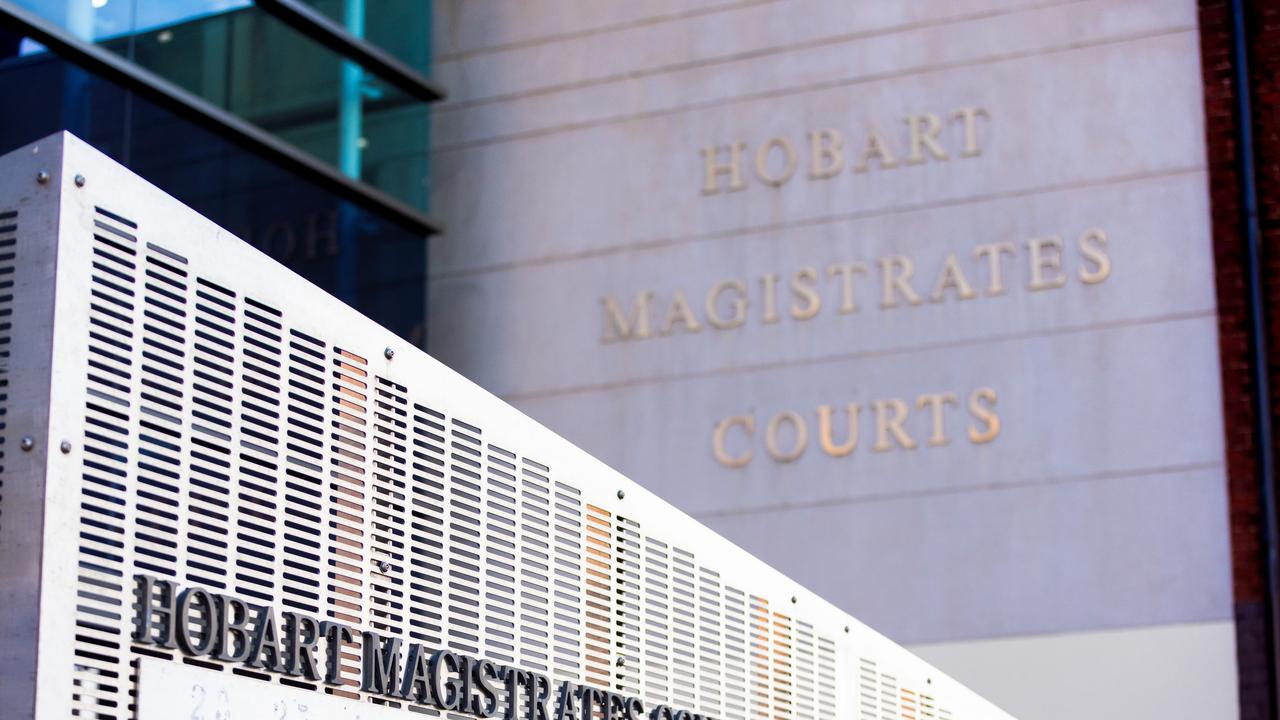Drink-drive case to be reheard after failure to play police body worn camera footage
A man found guilty of drink-driving and evading police has won the right to have his case reheard, after arguing body-worn camera footage should have been played at his original hearing.

Police & Courts
Don't miss out on the headlines from Police & Courts. Followed categories will be added to My News.
A Tasmanian man found guilty of drink-driving and evading police two years ago has won the right to have his case reheard, after the Supreme Court agreed evidence recorded on police body-worn cameras should have been presented during his original hearing.
Shaun Anthony Robertson had applied for review of a decision made by Magistrate Andrew McKee in August 2023, arguing the findings of guilt were unreasonable, and that prosecutors had failed to call a material eyewitness or tender relevant BWC evidence.
In ordering the complaint against Mr Robertson be heard “de novo”, or anew, Justice Stephen Estcourt upheld the applicant’s claim that the failure to present footage of the 2020 incident had resulted in an unfairness which could only be remedied by a fresh hearing.
“The applicant submits that the prosecutor, in fact, failed to disclose that BWC footage to the applicant or the applicant’s counsel,” Justice Estcourt said.
“The thrust of the respondent’s submissions is that, in any event, the BWC footage simply did not support the applicant’s case, such that failure to play it could not result in a miscarriage of justice.”
Justice Estcourt said it was his view that the BWC footage, and the evidence of the eyewitness and two police officers was necessary “to unfold the narrative” of the events that gave rise to the applicant being arrested and charged.
“I have read the written reasons for decision of the learned magistrate and I note that he did not accept the evidence of the applicant, however the question here is not whether his Honour’s conclusion, based on the evidence, was one that he as a reasonable person, might have come to,” Justice Estcourt said.
“The issue here is whether, having regard to all the circumstances, the interests of justice require that the complaint be heard de novo.
“I cannot predict what answers counsel on a hearing de novo might elicit in cross-examination of the witness not called. That I can speculate along the lines submitted by counsel for the respondent is not enough.
“Those witnesses should have been called, in my view, in order for the applicant to have had a full and fair hearing.
“I conclude that having regard to all the circumstances, the interests of justice require that the complaint against the applicant should be heard de novo.”
Justice Estcourt ordered that Mr Robertson’s conviction and sentence be quashed, and that the charges be reheard by another magistrate on a date to be fixed.





